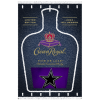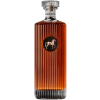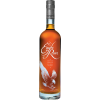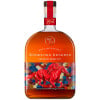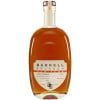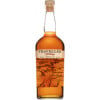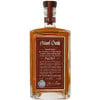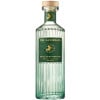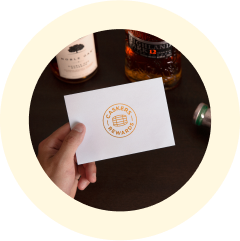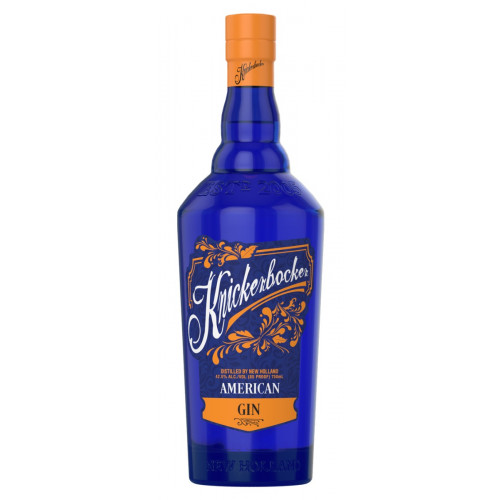About Knickerbocker Gin
In the 1650s, a Dutch doctor named Franciscus Sylvius was searching for a remedy to the kidney and stomach ailments that he often encountered in his practice of internal medicine. At the time, Dr. Sylvius was a Professor of Medicine in Leyden, and he attempted to infuse juniper berries into a spirit distilled from grain in order to create a panacea. The resulting elixir eventually became known as gin, and was so popular that within a few decades, the Dutch were exporting 10 million gallons annually.
Knickerbocker Gin, which is crafted at New Holland Brewery and Artisanal Spirits, celebrates the rich Dutch tradition of exploration and distillation (Knickerbocker was a common surname of the early settlers who colonized New Netherland). Situated on the banks of Lake Macatawa in Holland, Michigan, New Holland is best known for brewing craft beers such as Dragon's Milk Ale and White Hatter Pale Ale. In 2005, however, Brett VanderKamp, the brewery's co-founder, added a still and began distilling spirits.
Knickerbocker Gin is a bold, vibrant gin that is twice distilled with a dozen unique herbs and botanicals, including juniper berries, coriander, angelica root, orange zest, lemon zest, cinnamon, ginger root, orris root, cardamom, fennel, clove and nutmeg. Following the second distillation, the gin is filtered three times through particulate filters, which remove any remaining impurities and sediment, and then bottled by hand at 85 proof.
The gin has an aroma of orange and citrus zest, followed by notes of anise and ginger, which are complemented by a subtle juniper undertone. Medium bodied, it has a clean and mildly spicy finish. Knickerbocker Gin earned a score of 91 points from the Beverage Testing Institute in 2013.
Celebrate the history of gin and pick up a bottle of Knickerbocker today!
About Gin
According to Winston Churchill, "The gin and tonic has saved more Englishmen's lives and minds than all the doctors in the Empire," referring to the British officers using it to treat malaria in India.
Initially made for medicinal purposes, gin gets most of its flavor from the juniper berries added after the distillation process. It sure has come a long way from the Middle Ages, with the introduction of new botanicals, fruits, and spices, bringing it closer to people of all flavor varieties.
Check out our impressive selection of gins, find your new favorite in the Top 10 gins, or explore the Best gins under $50.
